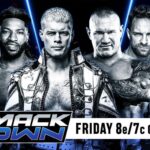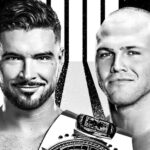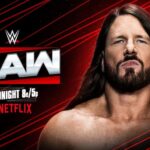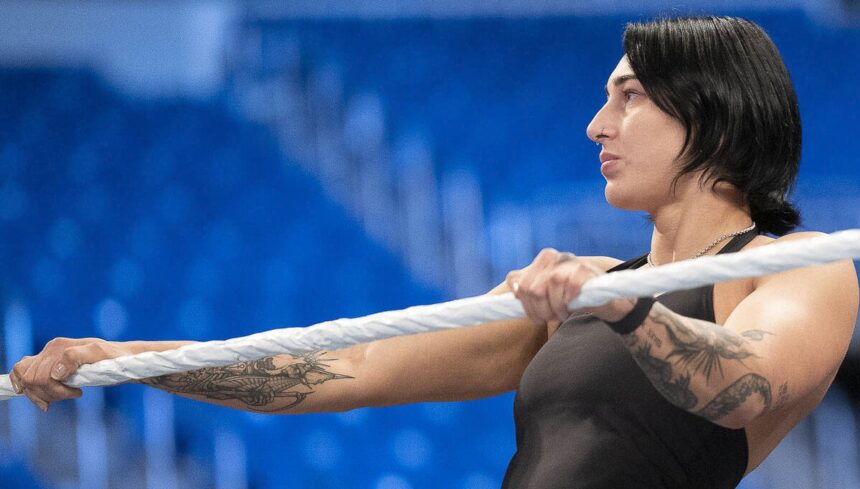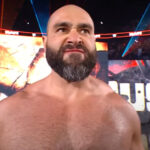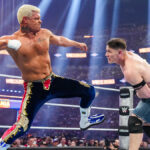Rhea Ripley stands out in the world of professional wrestling by openly addressing mental health, breaking away from the sport’s usual portrayal of invincible characters with no visible weaknesses. In a recent conversation on Cheap Heat with Peter Rosenberg, Ripley shared how wrestling’s "always strong" culture left her without a relatable role model for mental health struggles.
She reflected, "Growing up in wrestling, I portrayed myself as if no one had any weaknesses in life. I really didn’t know how to express myself." Although wrestling didn’t provide a mental health role model, Ripley found strength and valuable lessons within her family. While wrestling was a significant part of her childhood, it was her family who showed her the most important examples of resilience.
Ripley explained, "My mother is very strong. My dad is quiet but strong. My sister is emotional, but she’s younger than me, so was she okay?" Today, Ripley serves as an inspiration and mental health advocate for many people. As a former women’s world champion, she wants her fans to always remember they are not alone.
"I know a lot of fans have mental health issues. They’re going through the struggles everyone faces. I want you to know that I’m experiencing the same things and that they can overcome whatever challenges they face," she said. Through shows like WWE’s Unrealistic series and her public statements, Ripley deliberately reveals her human side to help normalize conversations about mental health. While wrestlers of the past might have embraced a tough, unbreakable persona, modern WWE stars are embracing new, more relatable roles.
She summed it up by saying, "I always like to talk about it. If someone can relate and it helps them get through their struggles, then I’m doing my job right." By opting for vulnerability over the traditional wrestling facade, Ripley demonstrates that true strength lies in connecting authentically with fans who face similar battles. For ongoing updates on Rhea Ripley, stay tuned to SESCOOPS.
Fan Take: This news highlights a crucial shift in WWE culture, where mental health conversations are becoming as important as physical prowess. For WWE fans, it offers a deeper, more personal connection to their favorite stars and signals a future where emotional honesty enhances the sport’s storytelling and impact.


